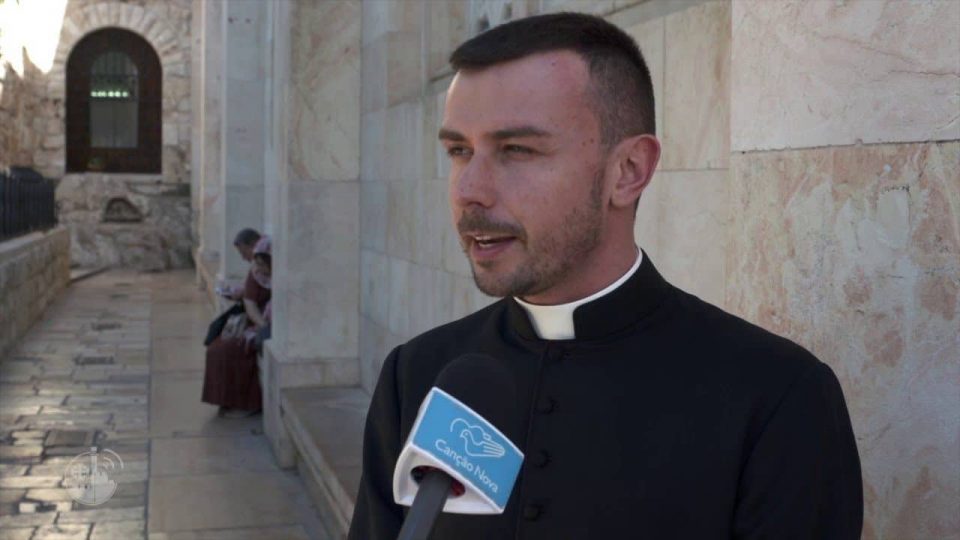Commentary on the Gospel of 12 January 2021 by Don Luigi Maria Epicoco

“They went to Capernaum and, having entered the synagogue on the Sabbath, Jesus began to teach”.
The synagogue is the main place for teaching. The fact that Jesus is there to teach does not give any problems with respect to the custom of the time. Yet there is something different that the evangelist Mark tries to bring out in such an apparently usual detail:
"And they were amazed at his teaching, because he taught them as one who has authority and not as the scribes."
Jesus does not speak like the others. He doesn't talk like someone who has learned their lesson by heart. Jesus speaks with authority, that is, as someone who believes in what he says and therefore gives a completely different weight to words. The sermons, catechisms, speeches, and even the lectures to which we subject others very often do not say wrong things, but extremely true and correct things. But our word seems to be like that of the scribes, without authority. Perhaps because as Christians we have learned what is right but perhaps we do not fully believe it. We give correct information but our life does not seem to be a reflection of it. It would be nice if as individuals, but also as the Church, we found the courage to ask ourselves if our word is a word pronounced with authority or not. Above all because when authority is lacking, we are left with only authoritarianism, which is a bit like saying that when you have no credibility you can only be listened to by coercion. It is not the big voice that gives us a place in society or in contemporary culture, but the authority. And this can be seen from a very simple detail: whoever speaks with authority unmasks evil and puts it at the door. To remain authoritative in the world, one must not compromise. For this evil (which is always worldly) perceives Jesus as a ruin. Dialogue is not winking at the world, but unmasking it in its deepest truth; but always and only in the manner of Christ and not in that of new crusaders.